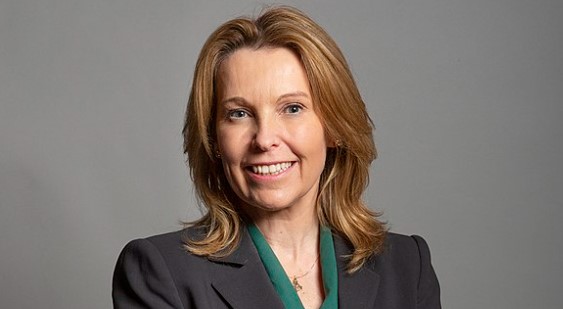By a West London teacher
I came into teaching 18 years ago, for all the right reasons, to impart knowledge, make a difference, and help young people. Then I became management and immediately the priorities and pressures changed. Speaking as a Head of English of an inner city secondary comprehensive school for 9 years, I will, however, refrain from using my soapbox. It became apparent very quickly that teachers were going to be placed according to availability rather than expertise, knowledge or experience.
Last year when we had a shortage of staff within the English department, students were taught by two PE teachers, a psychology teacher, two Spanish teachers (whose own acquisition of the English Language was in its primary stages), a Media teacher and an RE teacher. I think the understanding from senior management was that if you can read and write in English, then you can teach English. There are no English teachers on the senior management team in question, which may in itself be an issue. Hence teachers were being slotted into lessons where they were ‘under’ on their timetables and therefore available. At one point last term a Music teacher was asked not to work on one day a week as the year 11s had left, and a Maths teacher was then told she needed to teach Music lessons in her own year 11 ‘gained time’. I found that this was not uncommon in other schools to which I spoke.
Did parents know? How would they react? Did governors know? Largely this was not made public knowledge. The Education Minister would argue that Music and the Arts are not a ‘priority’, or do not lead to good opportunities so it’s OK to treat these subjects as secondary; but how does one justify the teaching of a core subject like English being taught by non-specialists?
Did the Headteacher need to notify parents? Or ask staff? Or notify governors? No to all three counts. Were there any extensive training sessions for these non-specialists made available by the senior leadership team? Was there any extra time allotted to aid this process? No, of course not.
Likewise, if these teachers had refused what would have happened? Were their timetables to be reduced? Are we talking about future redundancies so they didn’t have choice?
Having spoken to other Heads of core subjects in schools nationally I have discovered that Art teachers are teaching English, Science teachers are teaching Art and a whole host of other teachers are filling in where they have a short-fall on their timetable. It might be common practice in primary schools to have the extensive cross-overs, but at secondary level, surely it should not be seen to this degree. Schools have only been forced to take this route to be financially efficient.
The worst-case scenario presented itself when a low ability set in Year 8 was not given a consistent room or teacher, as they were not considered a priority and would not be a ‘target group’, or affect the headline figures for overall school attainment. I think that is truly disgusting. By the end of the academic year that particular group had had a number of non-specialist teachers, for the reasons stated previously.
This is not why we became teachers
The question we all need to ask is: would you want this for your child if he/she was in such a lower ability set? Would it surprise you to know that your child’s English teacher is a trained Art teacher, their highest English qualification is a GCSE and they haven’t read the whole text that they are teaching your child? Would that shock you? Is it unlikely? In my experience it isn’t.
This is not why we become teachers. This is not how we would want our own children treated. This is not what is best for the students.
Another way in which costs are being cut, is by reducing the number of experienced staff. Experienced staff cost more cash, so why not get cheaper less experienced staff to do the same job? Ultimately, you need a body in a classroom. Right? No one is indispensable. True, but the quality of what you pay for has huge repercussions on student outcomes, attitude, ethos and ultimately the culture within your school.
But is makes financial sense.There are lots of new ways to recruit teachers now, Teachfirst, Schools Direct, Graduate Training Programmes, and the list goes on. However, some of these people have never been at the chalk face (or Interactive whiteboard) before and will be ‘teaching’ from the first day of term in September. It is ‘on the job’ training; other professions do it so why not teaching? They receive a reduced salary but a salary all the same and training, killing two birds with one stone.
The question you need to ask is, would you want them for your own children on 1st September? This is not why we become teachers. This is not how we would want our own children treated. This is not what is best for the students.
Every Child really does matter.
September 10, 2018



